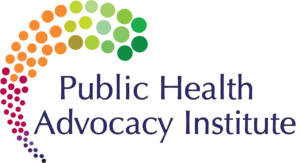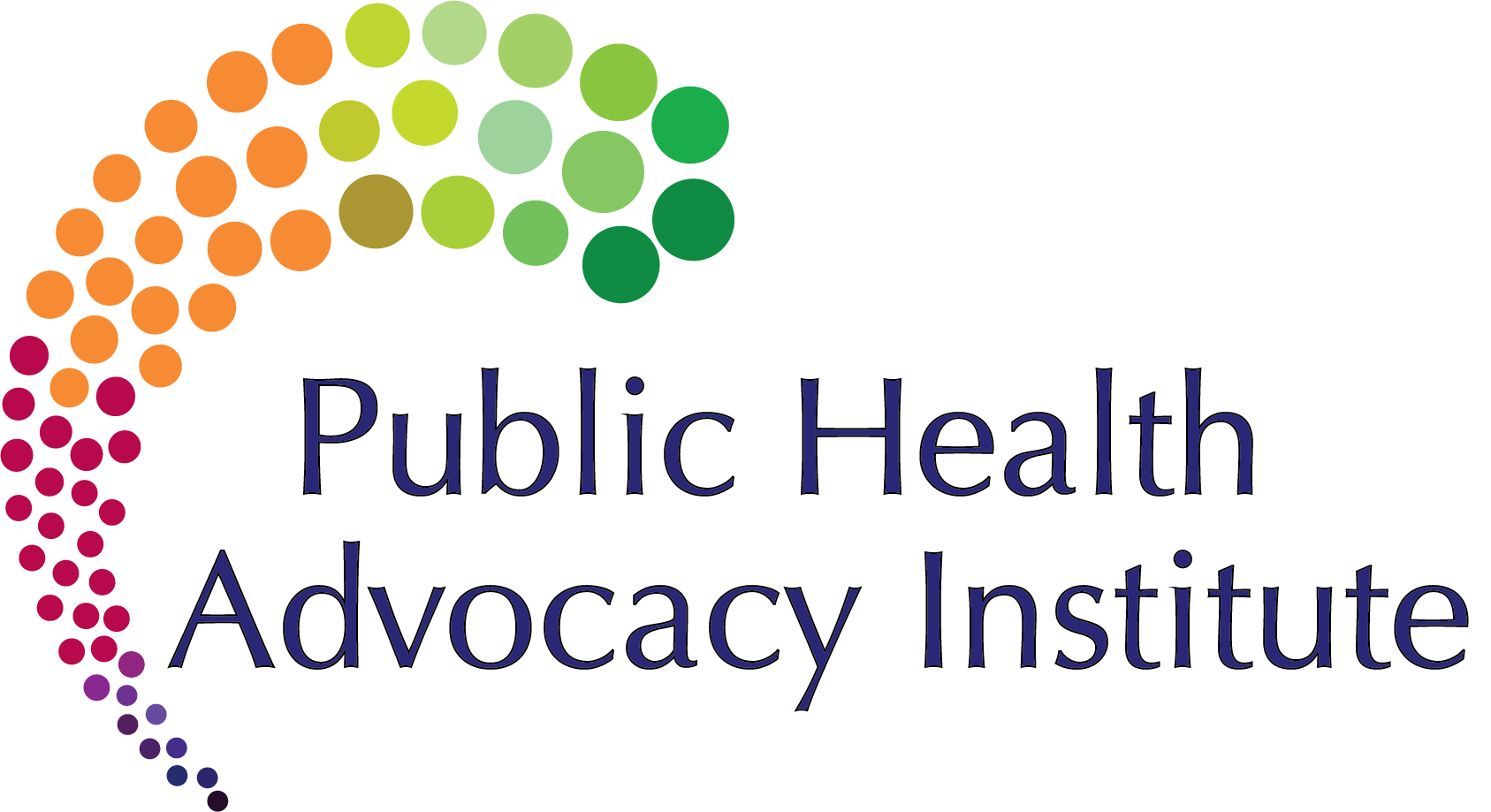Update: July 30, 2013
At this point, the Supreme Court of NY County (March 11, 2013) and the Supreme Court, Appellate Division, First Dept. (today) have ruled that the sugary beverage serving size cap in New York is invalid. The case name is: In re New York Statewide Coalition of Hispanic Chambers of Commerce, et al. v. New York Dept. of Health and Mental Hygene, et al..
Clearly, I was mistaken in my prediction (see original post below) that the measure would survive a legal challenge. While the City will seek review by the Court of Appeals of the State of New York (the state’s highest court), this has clearly turned into an uphill battle for Mayor Bloomberg and the City at this point.
Interestingly, the beverage industry has (so far) successfully relied on a case brought by the tobacco industry in the 1987 to successfully the stop the NY Health Council from taking steps to regulate smoking in public places. At that time, it was politically impossible to get the state legislature to enact smoking restrictions in public indoor areas and limit smoking in restaurants. Such a measure was viewed as an extreme infraction on smokers’ rights. In that case, Boreali v. Axelrod, the court held that for several reasons, only the legislature was suited to enact such a restriction. Those same reasons are cited in today’s decision reinforce the impression that many of the same societal changes and setbacks experienced in tobacco control are playing out around obesity prevention policy.
- In Boreali, the Court found that the administrative health agency took economic issues into account by exempting restaurants and bars from smoking bans. Economic concerns are beyond the scope of a health agency’s legal authority. In today’s decision, the fact that NYC exempted convenience stores and bodegas was interpreted as an economic concession (despite the City’s strong arguments to the contrary).
- In Boreali, the fact that the state legislature had previously rejected smoking bans suggested that it was inappropriate for a health agency to go ahead and do an end-run around a matter previously before the legislature. Likewise, in today’s decision the Court found that the NY City Council has “targeted” sugary beverages in the past, so this subject matter should be off-limits to the Board of Health.
- In Boreali, the Court ruled that the fact that the health agency was drafting a new type of restriction was evidence that it was “writing on a clean slate” rather than tweaking or otherwise perfecting an existing restriction that was clearly within its purview. Same thing here. It was a new and innovative regulation which, according the this Court’s reasoning, is why it ought to be handled by a legislative body rather than an administrative agency.
- Finally, the Court in Boreali found that a simple no-smoking rule did not involve expertise in health matters. In today’s decision, too, the Court found that a simple beverage size ban did not require health expertise and, therefore, is beyond the scope of authority granted to the Board of Health.
Under today’s ruling, any one of these four factors could invalidate agency action. Such strict application of Boreali may ultimately represent chilling new limits on the powers of health boards in New York state.
While analysts may disagree over whether the Court’s decision today was a well-reasoned one, and it may yet be subject to further appellate review, it is important to note that it is basically a dispute about New York law and not a fundamental legal problem with placing limits on serving sizes for sugary beverages that is at issue.
But that said, the real disagreement may be more about evolving norms surrounding sugary beverages than about administrative authority. As norms around tobacco use evolved over time, Boreali is increasingly seen as an example of the tobacco industry gaining a temporary victory at the cost delaying the protection of the public’s health. Perhaps today’s decision will be seen in a similar light in the not-too-distant future as norms around sugary beverages continue to evolve.
-Mark Gottlieb, J.D., Executive Director
Public Health Advocacy Institute at Northeastern University School of Law
Original Post
——————————————————————————————–
Today the New York City Board of Health approved first-in-the-nation limits on the maximum size of sugary drinks served in restaurants, theaters, and sports venues. The vote was 8-0 in favor of adopting the regulation with one abstention. Grocery and convenience stores are exempt and diet drinks, juices, and drinks that are 50% of more milk (or milk substitute) are excluded.
While the measure drew ire from critics throughout the political spectrum, and has been inaccurately characterized as a “ban,” it has succeeded in invigorating the debate on the role of sugary drinks in obesity and the role of government to encourage mindful consumption. Such mindful consumption will begin 6 months from today when the new rule should go into effect.
In the meantime, there may be efforts by big drink stakeholders to challenge the regulation. One such group, New Yorkers for Beverage Choices, a group closely aligned if not controlled by the American Beverage Association, has hinted at such a challenge. The pro-business think tank, the Washington Legal Foundation, has published comments on the measure that suggest the basis for a legal challenge. A credible legal challenge could result in the granting of a injunction that could delay or derail the beverage size restriction. However, there appears to be little chance that such a challenge will lead to any measure of success.
The Washington Legal Foundation’s primary legal argument to oppose the measure is that it is the type of action that is normally reserved for legislation rather than rule-making by an administrative agency. The problem with that argument is that regulating serving sizes of sugary drinks in food establishments is clearly within the New York City Department of Health and Mental Hygiene’s authority to protect the public’s health under the City Charter’s sec. 558 and to engage in rule-making under sec. 1043. The Washington Legal Foundation public comments cite to a 1980s case, Boreali v. Axlerod. The case involved an early New York non-smoking rule that was overturned primarily because the state’s Public Health Council considered the economic impact of the restriction on businesses and offered waivers for those that could show financial hardship. This went beyond the Public Health Council’s legal authority to issue rules based solely on protecting health. Here, however, there is no waiver process and no consideration by the Board of Health of the economic impact this rule might have on businesses.
A second issue raised by the Washington Legal Foundation is that the problem of obesity is an important issue of concern to society and that dealing with such social issues is best left to legislative bodies rather than regulatory agencies. Citing again to the Boreali case, WLF suggests that this is a matter that it should only be addressed by elected officials and not agency appointees. Essentially, they are making a philosophical rather than a legal argument. Legally, this rule-making is very clearly within the agency’s purview.
In yesterday’s New York Times, an attorney who has previously represented New York restaurants suggested that the rule could be overturned on Constitutional grounds. This would be a reference to the Commerce Clause (Art. I, Sec. 8, Clause 3 of the U.S. Constitution) which grants Congress the power to regulate commerce among the states. If a state or, as in this case, a political subdivision of a state, passes a law or rule that substantially affects interstate commerce, it is possible that a court would find that the Commerce Clause reserved that power to Congress and the law or rule would be found to be unconstitutional. However, in this instance, there is virtually no argument that could be made that the beverage size rule could affect interstate commerce any more than the cup size could be found to be a form of free speech that the rule unconstitutionally restricts. Neither argument is credible enough to argue in a court room.
There is virtually no chance that the rule will be successfully challenged. Either threats of litigation will not materialize or, if they do, will be quickly dismissed. That result will encourage other communities to replicate the courageous action taken in new York City by Mayor Bloomberg and the Board of Health.
-Mark Gottlieb, J.D., Executive Director
Public Health Advocacy Institute at Northeastern University School of Law


